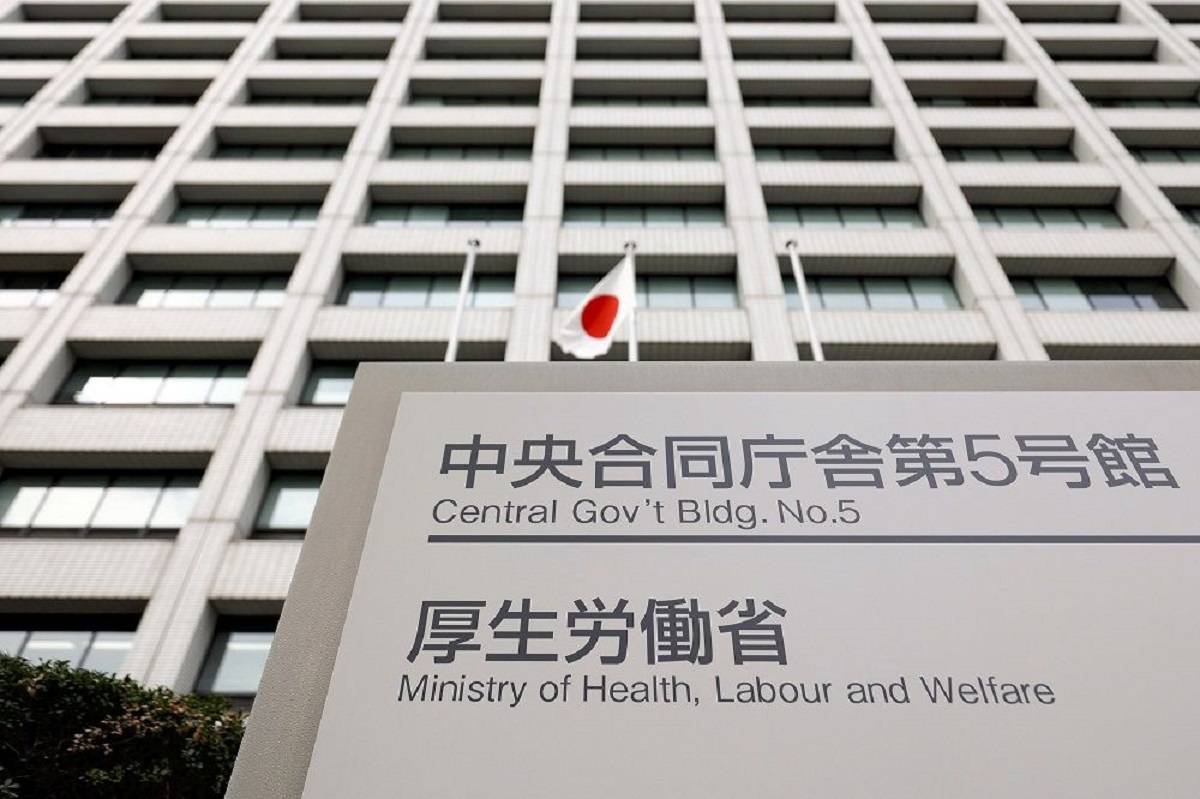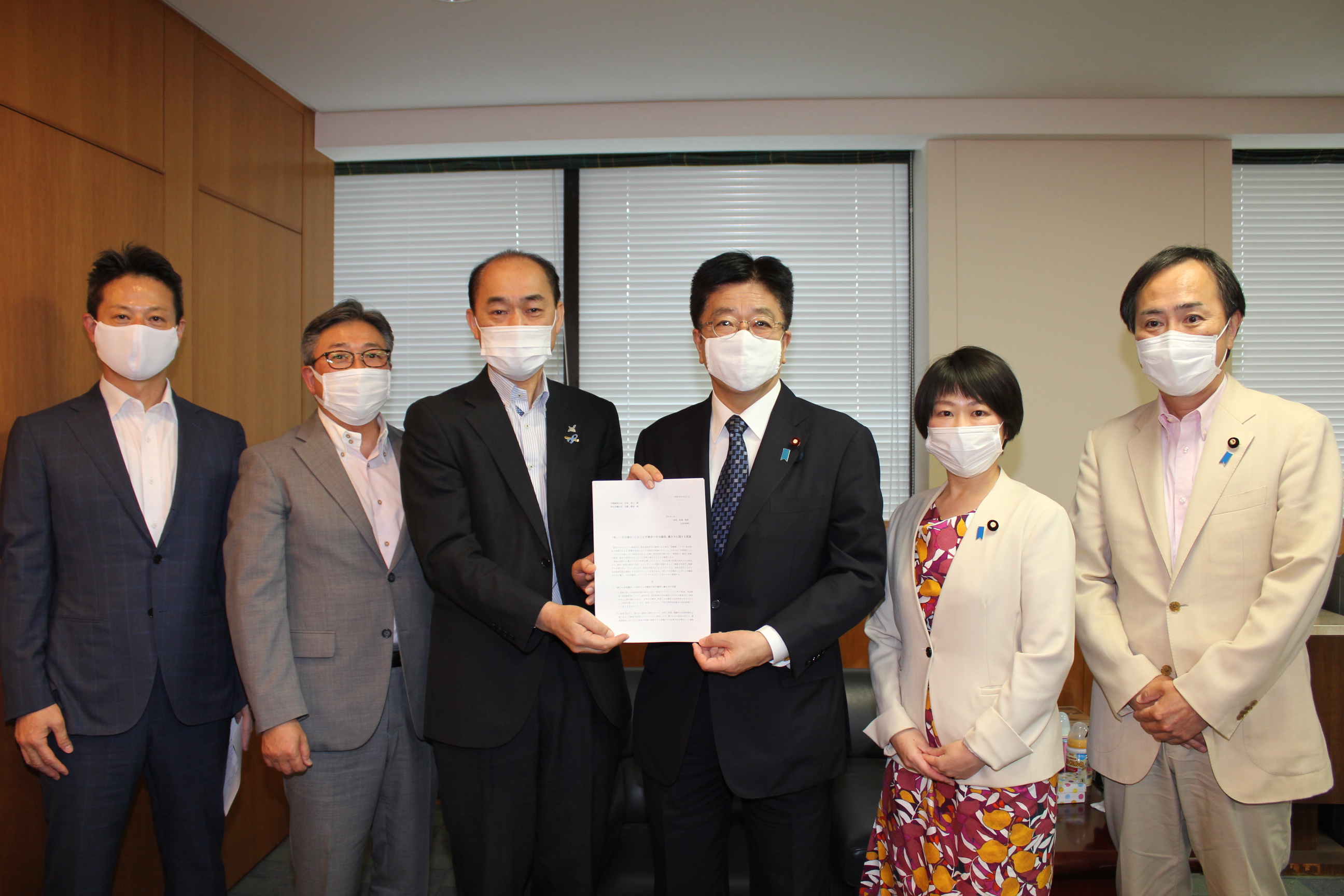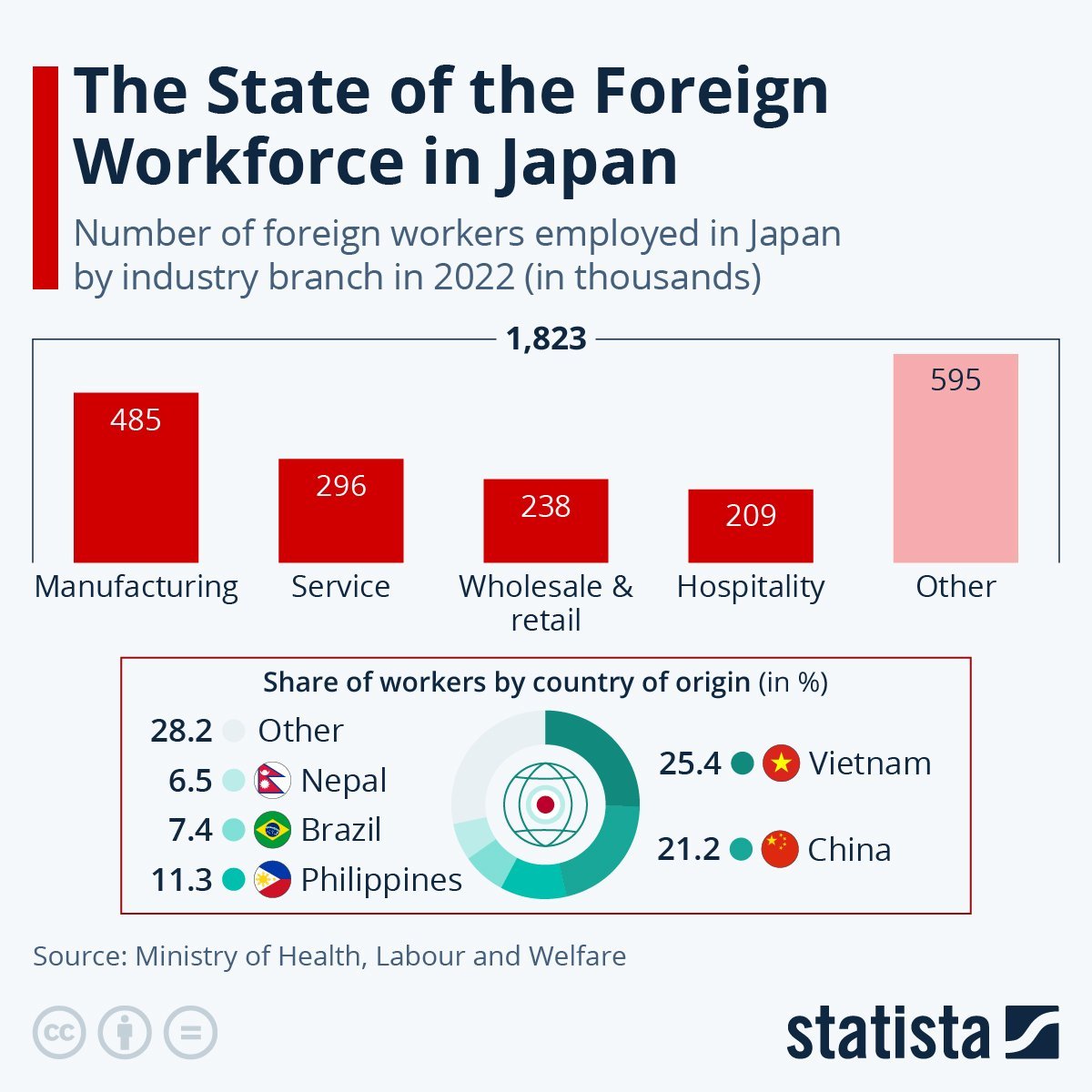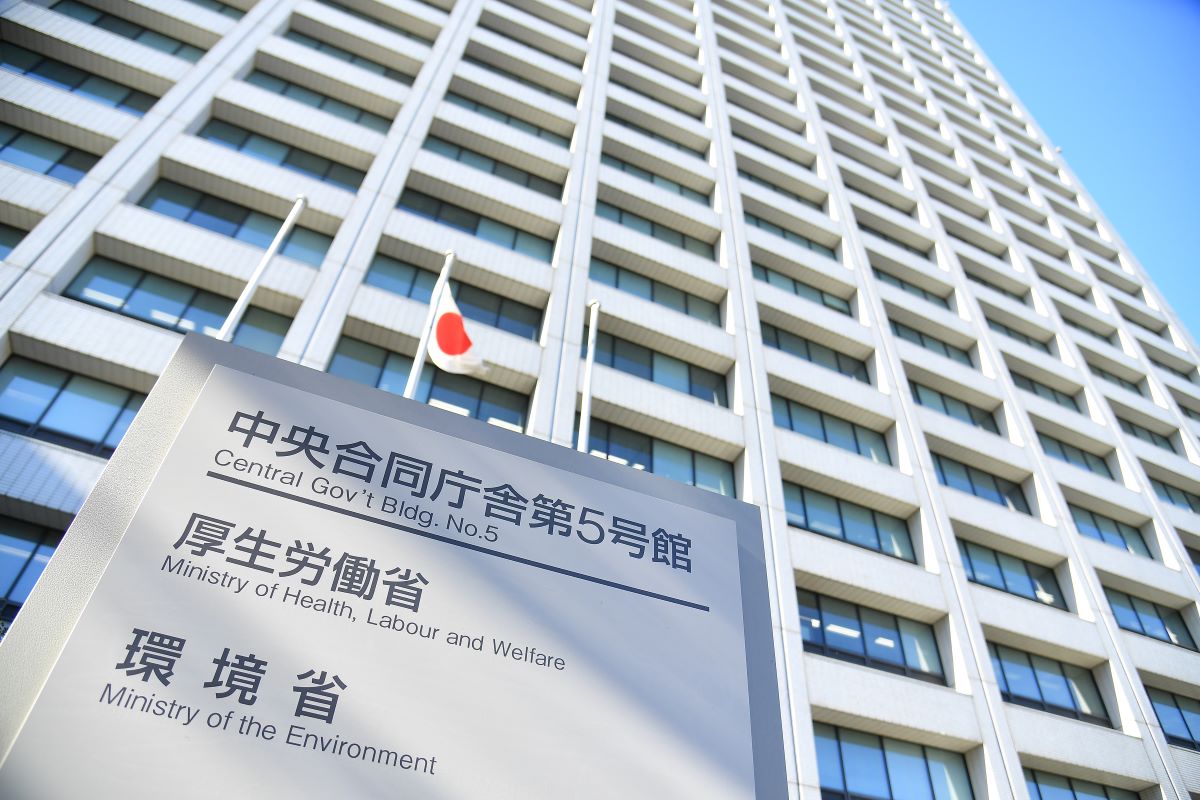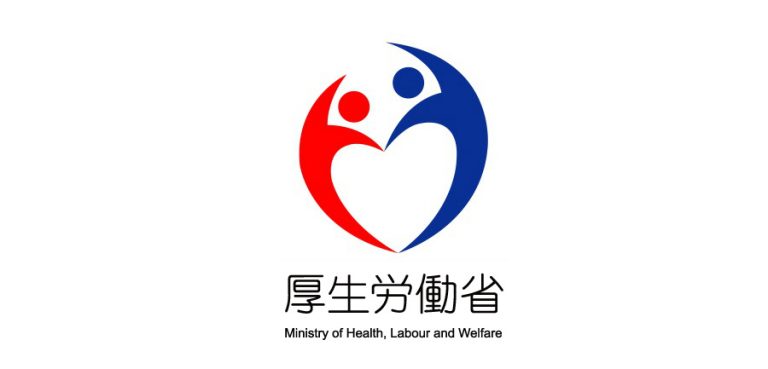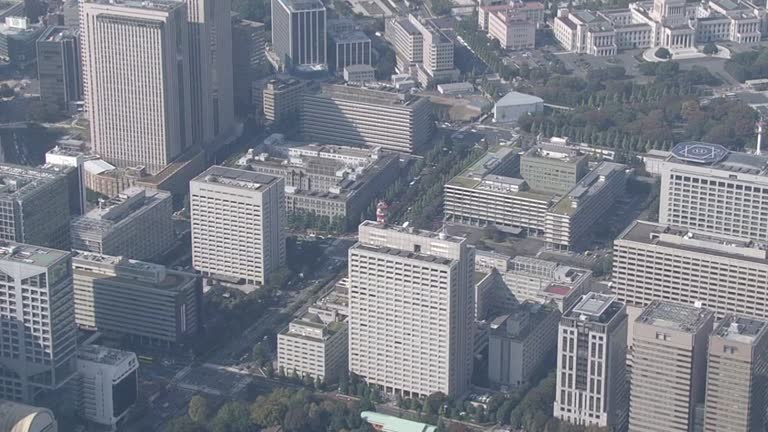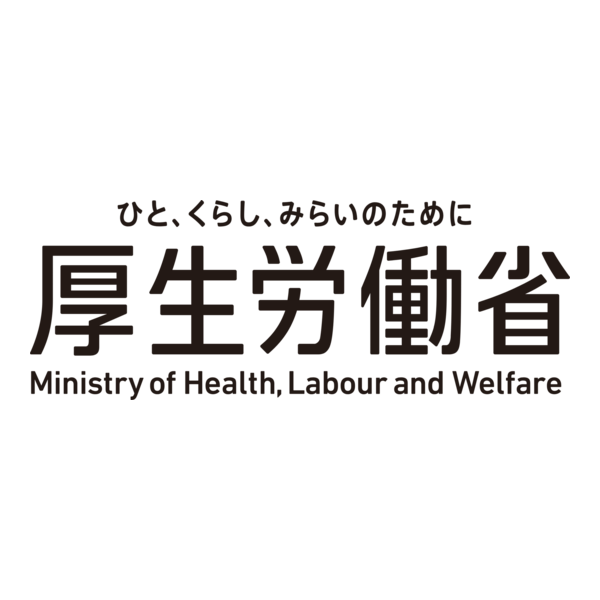Ministry Of Health Labor And Welfare Japan
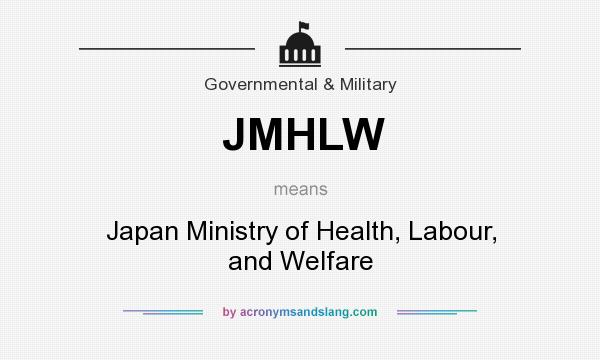
The aroma of freshly brewed green tea wafts through the air, mingling with the soft murmur of polite conversation. Sunlight streams through the large windows of the Ministry of Health, Labour and Welfare (MHLW) in Tokyo, illuminating the faces of dedicated civil servants poring over documents, attending meetings, and shaping policies that touch the lives of every person in Japan.
At the heart of Japan's social safety net lies the Ministry of Health, Labour and Welfare (MHLW). This powerful ministry is responsible for an expansive portfolio, including public health, medical services, social security, labour standards, and employment security.
Its actions resonate deeply across Japanese society, influencing everything from the cost of healthcare to the availability of childcare and the dignity afforded to its aging population.
A Ministry Forged in Post-War Reconstruction
The origins of the MHLW can be traced back to the post-World War II era, a period of profound social and economic upheaval in Japan.
In 1947, the Ministry of Welfare was established, tasked with addressing the urgent needs of a nation struggling to rebuild. This initial focus was on providing basic necessities, such as food, shelter, and medical care, to a population ravaged by war.
As Japan's economy began its remarkable recovery, the ministry's mandate expanded to encompass labour issues. In 2001, a significant reorganization brought together the Ministry of Welfare and the Ministry of Labour, creating the modern-day Ministry of Health, Labour and Welfare.
Navigating Demographic Shifts: The Aging Population
One of the most pressing challenges facing the MHLW today is Japan's rapidly aging population and declining birth rate. This demographic shift has far-reaching implications for the country's social security system, healthcare infrastructure, and workforce.
The ministry is actively working to address these challenges through a variety of initiatives, including promoting preventative healthcare, expanding long-term care services, and encouraging greater participation of women and elderly individuals in the workforce. The goal is to create a sustainable and equitable society for all generations.
The MHLW’s efforts to reform the pension system are particularly crucial. They aim to ensure its long-term solvency and provide adequate retirement income for future generations.
Ensuring Quality Healthcare for All
Japan boasts a universal healthcare system, ensuring that all citizens have access to quality medical care regardless of their income or social status.
The MHLW plays a crucial role in regulating the healthcare system, setting standards for medical facilities, and controlling drug prices. It also promotes medical research and development, striving to improve the quality and effectiveness of healthcare services.
The ministry also actively works to promote preventative healthcare measures, encouraging healthy lifestyles and early detection of diseases. This proactive approach aims to reduce healthcare costs and improve the overall health and well-being of the population.
Labour Standards and Workplace Reforms
The MHLW is also responsible for setting and enforcing labour standards, ensuring fair working conditions and protecting the rights of workers.
This includes enforcing laws related to working hours, wages, workplace safety, and protection against discrimination. The ministry also plays a role in promoting work-life balance and addressing issues such as karoshi (death from overwork).
Recognizing the changing nature of work, the MHLW is actively promoting workplace reforms to address issues such as precarious employment and the need for greater flexibility. These reforms aim to create a more inclusive and sustainable labour market.
Promoting Employment and Economic Security
The MHLW is committed to promoting employment and economic security for all citizens. This includes providing job training and placement services, as well as offering unemployment benefits and other forms of social assistance.
The ministry also works to support vulnerable populations, such as people with disabilities and single parents, helping them to find employment and achieve economic independence.
"Our mission is to create a society where everyone has the opportunity to reach their full potential,"a ministry spokesperson stated during a recent press conference.
Efforts are underway to integrate technology and innovation into employment services, making them more accessible and effective for job seekers.
Addressing Emerging Challenges
In addition to its core responsibilities, the MHLW is also grappling with a number of emerging challenges, including the opioid crisis and the threat of infectious diseases. The ministry is working to implement measures to prevent and control these threats, protecting the health and safety of the public.
The recent COVID-19 pandemic underscored the vital role of the MHLW in coordinating the national response to public health emergencies. The ministry played a key role in implementing testing and tracing programs, securing vaccines, and providing guidance to the public.
The MHLW is also actively working to strengthen international collaboration on health issues, sharing best practices and coordinating responses to global health threats.
Transparency and Public Engagement
Recognizing the importance of transparency and public engagement, the MHLW is committed to providing clear and accessible information about its policies and programs.
The ministry regularly holds public consultations and solicits feedback from stakeholders, ensuring that its policies are responsive to the needs of the people it serves. Open communication is seen as crucial for building trust and ensuring the effectiveness of government programs.
The MHLW also utilizes social media and other online platforms to disseminate information and engage with the public. This helps to ensure that citizens are well-informed and able to participate in shaping the future of healthcare, labour, and welfare in Japan.
The Ministry of Health, Labour and Welfare stands as a testament to Japan's commitment to social well-being and equality. While the challenges it faces are significant, the dedication and expertise of its staff, coupled with a strong commitment to innovation and public engagement, offer hope for a brighter future.
As the sun sets over Tokyo, casting long shadows across the cityscape, the lights in the MHLW building remain on, a symbol of the tireless work being done to build a healthier, more equitable, and more prosperous society for all Japanese citizens.

